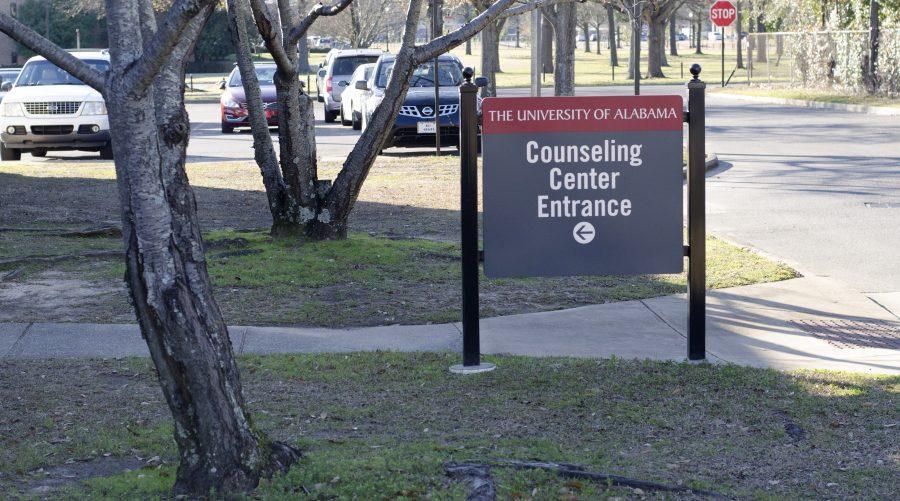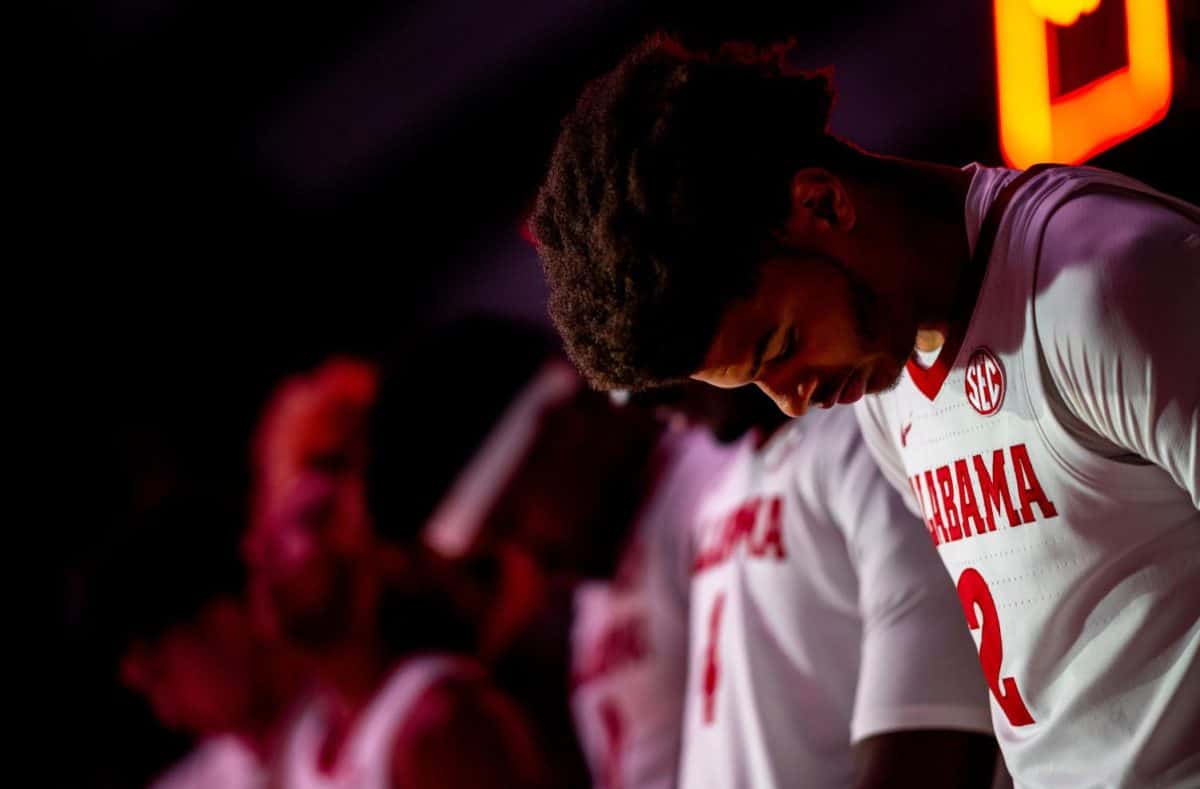Lee Keyes is the executive director of the Counseling Center and a licensed psychologist.
Q: What do you think are some of the most common stressors that students who are not mentally ill face?
A: Academic demands of course are pretty high up on the list. Relationship issues of all varieties, friends, partners, family, too. Sometimes relationship issues are actually a more frequent source of stress than even school is. This includes roommates. All the stress related to various adjustments of different kinds – the adjustment of coming off to college, living in a new community, meeting new people, developing a career interest and focus, stresses that go along with that. The stresses related to developing an identity, in any dimension of life that that might be. A career identity, a sexual identity, you name it. Everything that goes along with that can be quite stressful.
Generally, this time in life, late adolescence, young adults, it’s a very volatile time in life, it’s meant to be that way, it’s not abnormal.
Q: So you have a lot of students who come in who are not mentally ill?
A: That is correct, in fact, most are not. We are here for all students. There is not an issue too small or too big to bring to us. Most students that we interact with are not mentally ill, now they may have significant struggles, but a lot of them would be considered to be normal struggles that anyone would have, whether you are in college or not, for that matter.
Q: In terms of the students who you see who do have mental illnesses, what are some of the ones who you see a lot in college-aged people? What are some of the more common ones?
A: Right behind the normal adjustment type issues that we were talking about at first come the anxiety disorders. Those are more common than any other in our population here. So, panic attacks, generalized anxiety, sometimes OCD – obsessive-compulsive disorder. PTSD, traumatic response. Behind that category are the mood disorders, various forms of depression. This would include bipolar disorder, for example. Those would be the two main categories of the largest number of mental illness disorders that we see. Now, we see virtually every other type of mental illness, too, but in fewer and fewer numbers compared to the anxiety and the mood disorders.
Q: For students who are struggling with mental illness in college, what advice could you give them?
A: Come early. Let’s back up. Generally speaking, a great many of those students would have already been experiencing issues in middle school and high school. A significant number would have already begun seeking treatment at that age – they started some at home, maybe therapy, maybe medication, maybe both. Too many of them, though, arrive on campus and they stop. And they shouldn’t do that. They should arrange for a continuity of services once they get here and not wait for things to get worse, to go ahead and establish contact with our office as soon as you get here, even if you are doing fine, if you’re not having any issues. So come early, so that you can maintain your progress and avoid any worsening of the situation down the road if you stop your medicine or stop therapy.
Q: What do you think are some of the biggest misconceptions that people still have about mental illness or mentally ill people?
A: There isn’t anyone who doesn’t have an issue related to mental health and well-being. That covers all of us. We all have some issue or obstacle. I really have not met anybody in my life that that was not true for. Even when things are going great, they may go great for a while and then life throws us a curveball, and we could have all sorts of reactions to that. So, it isn’t an “us” and “them” division. It’s all of us. You could take relatively normal experiences – negative experiences – and if you don’t take care of them, they become a mental illness. So, the first thing to realize, really, is that none of us are immune. Resources are here for everyone.
Some people think that you’ll be able to notice the difference between someone who has a mental illness and someone who does not, and that’s not necessarily the case. They are all around on campus. You pass them every day. Some are doing fine, getting along great, some are not. But you won’t necessarily be able to notice who is having difficulty and who isn’t.
Q: Do you think there is more awareness now in terms of mental illness? Do you think people are becoming more accepting now?
A: Yes, there definitely is a greater level of awareness. I think a lot of it has to do with the fact that the more recent generations of college students had their first experiences with this even before they came off to college – they began having issues in middle school or high school, so they are used to it.
Q: Let’s say that you are a student and you find out that one of your friends is struggling with a mental illness, or you meet someone who is. What do you think is the best way to be supportive to them?
A: The best way I know to answer that is to say, we need to become sort of like a benign pest, where we talk to them frequently, we ask them questions like “how are you doing,” “have you gone to the Counseling Center yet, I encourage you to go,” and you keep after them like that. And I don’t mean do that in any kind of negative way or punishing way – that doesn’t help. You want to become the friend that you would want to have yourself if you were struggling, someone who is asking you questions, talking with you, offering support, telling you where to go to get more help. Volunteering to walk them over, for example.
Q: What’s something you would want students to know before they come to the Counseling Center?
A: Even when you are not feeling very patient, you have to understand this takes a little bit of time. A single visit or two is not going to get you very far, generally. Most students who come here begin feeling better within five or six visits. That’s on average, and we know that by looking at our data. So it doesn’t take long, but they need to hang in there with it a little bit and just understand that you aren’t going to get like an overnight cure.
I also would want them to know that things get better. You might feel really really bad, you might feel things that frighten you, even, just understand that it does not stay that way, people get better, relatively quickly, and to maintain hope and optimism about that.
Q: How does the Counseling Center work? How often do students usually come?
A: Most of our services begin by a student calling here and getting the first appointment. Typically sessions are weekly, though that can change. Some people need to be seen a little more frequently than that, some less. We do have students who come here as needed. They don’t come on any regular schedule, they just come when they feel that they need that. However, it’s important that you follow your counselor’s recommendation about that.
Q: Are they paid through health insurance, or how does that work?
A: No. We don’t do any billing of insurance companies here, our fees are so low that it doesn’t make sense to involve an insurance company. We bill through the student accounts, all of this is disclosed ahead of time so that students who come here know exactly how that happens. The bill is not marked as counseling, so there is some privacy built into that. If students do have concerns about billing or fees, they just need to bring that concern up to the counselor, and we will work with them as best as we’re able.
Q: Talk to me about the confidentiality in the context of therapy.
A: All mental health professionals in this state are bound by the same law and the same ethical codes – it’s no different whether you are on or off campus. This is private and confidential, it has nothing to do with your academic record. We do not release any information about people that we see, except when we have their consent to do that. There are some exceptions, generally having to do with safety – harm to self or others, if that’s involved in some way and we need to act to preserve someone’s safety, we will do that. This too, is disclosed to everyone who comes here. But other than that, other than safety type issues, this is just as confidential as you would get anywhere else in the state.
Q: A lot of people now notice things about their behavior and diagnose themselves. Why do you think it might be important to – instead of doing that – come talk to a professional?
A: Well, the first reason and maybe the biggest reason is that there is an awful lot of bad information out there, commonly online. Now, there are credible resources online, and then there are those that we would not recommend you consume at all. And if a student wanted to know which ones we would recommend, we would tell them that. There’s an awful lot of tests online these days, students need to understand that nearly all of them are invalid. We do have our own free and anonymous self-assessment available for students that is on our website. Students can take that.
The second thing to know is that no one can really diagnose themselves. I can’t even do that for myself, the reason is, I’m not objective about me. We can’t be fully objective when we are looking at ourselves. Some people might over-endorse certain things going on, and then other people might under-endorse what’s going on for them.







